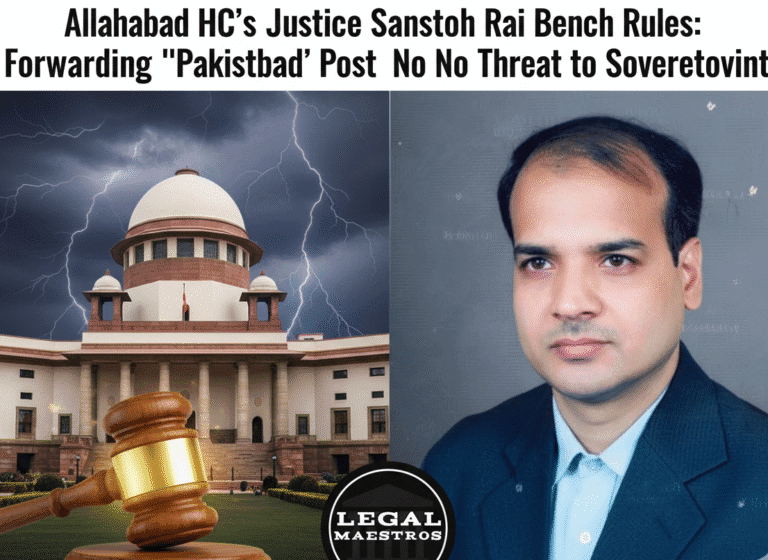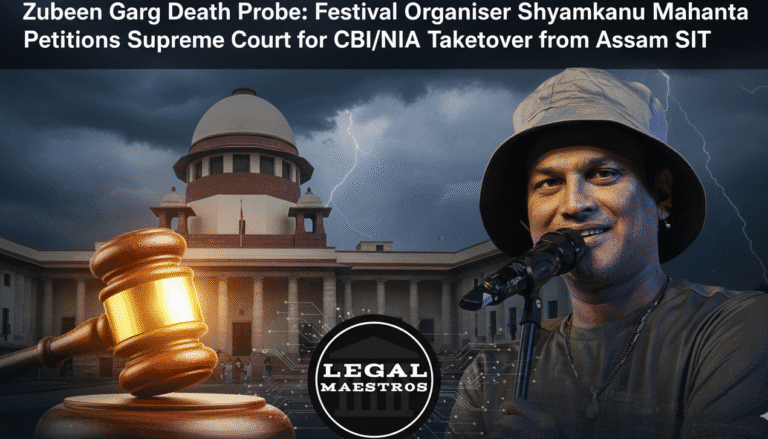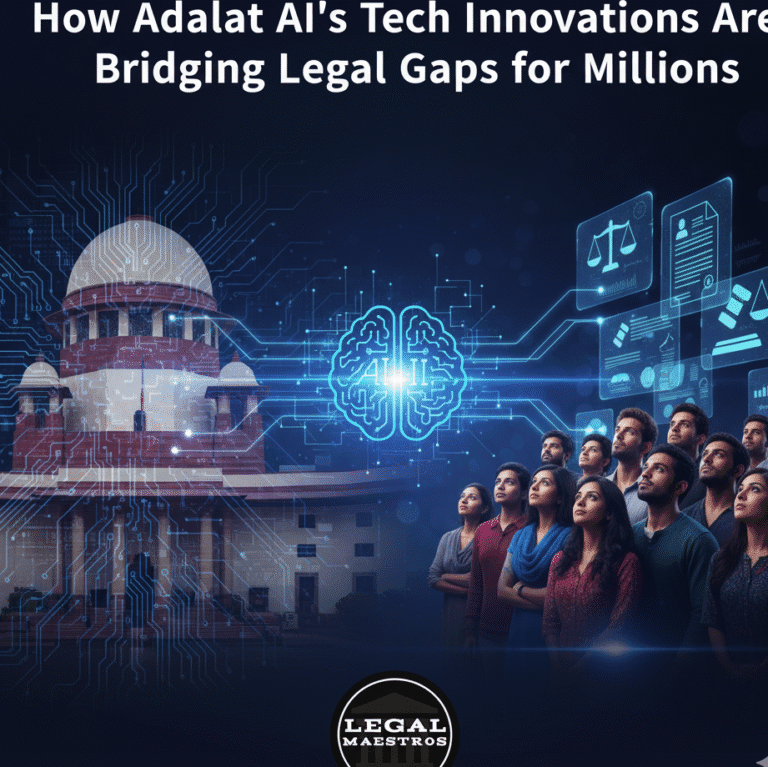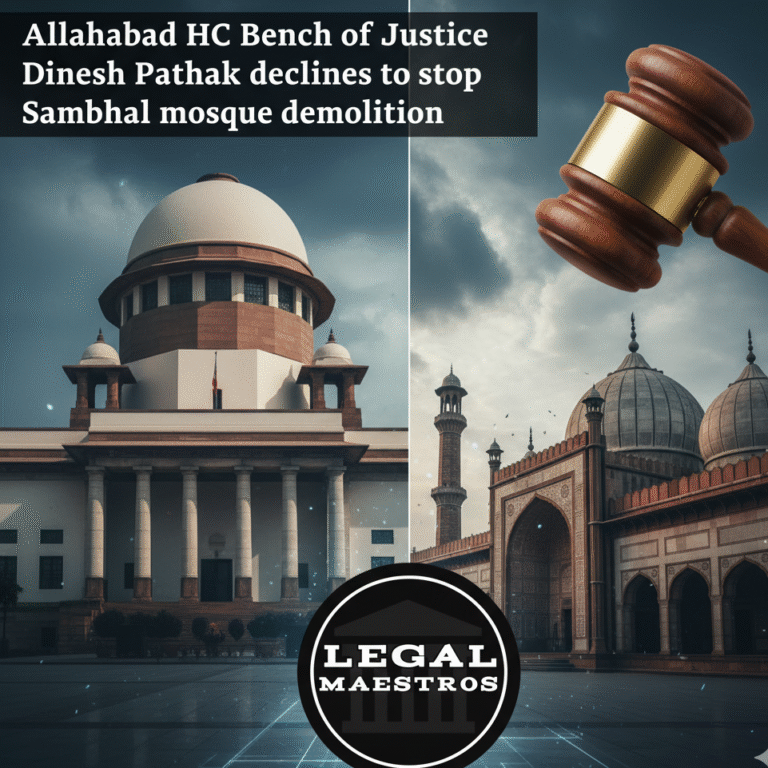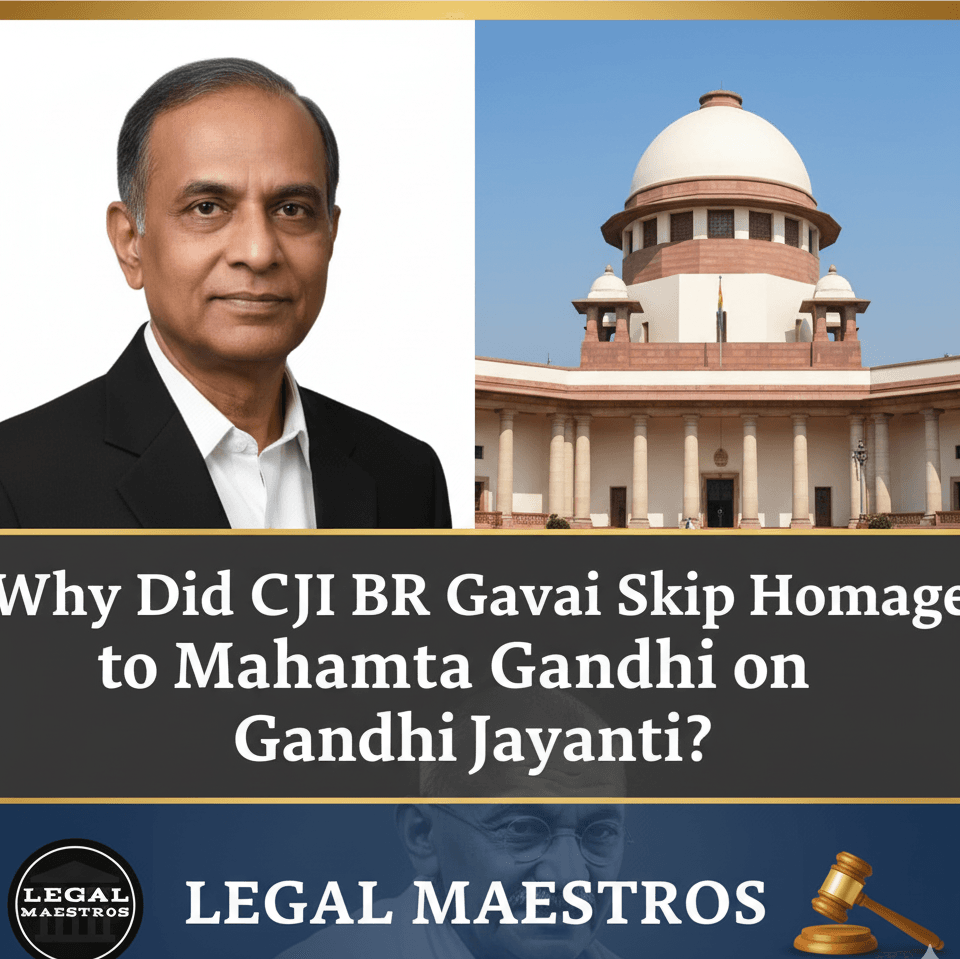
Why Did CJI BR Gavai Skip Homage to Mahatma Gandhi on Gandhi Jayanti?
A Moment of National Reflection
On October 2 nd every year the country stops to celebrate the birth of Mahatma Gandhi, who was popularly known as the Father of the Nation. The dignitaries and senior officials such as the President, Prime Minister and the Chief Justice of India usually converge at the Raj Ghat in Delhi to offer floral tributes. This act is a great icon of unity in the country and reaffirmation of the principles that Gandhi represented. It is a tradition-laden occasion that is observed by the whole nation.
Hence, the fact that there will be no special official, in particular, the head of the judiciary, is bound to attract extensive attention and cause a lot of discussion. What would be perceived as a non-observance of protocol, such an episode would be considered as a possible declaration. Symbolism is a very powerful thing in the life of nation and the choice not to attend a national ceremony of such a stature is always perceived in many ways, causing debate on both political and social levels.
The Chief Justice of India is not just a judge, he is an enormous constitutional and symbolic figure. The individual that is in this office is regarded as the protector of the Constitution and a pillar of the state. Their engagement in national events is supposed to be an indicator of the judiciary that is serious about the core principles of the republic which have been linked to the legacy of leaders such as Mahatma Gandhi.
For any queries or to publish an article or post or advertisement on our platform, do call at +91 6377460764 or email us at contact@legalmaestros.com.
A high profile absence like that has one questioning the cause of such absence. Although it may be attributed to ill health or pressing official matters, the popular imagination usually wants to find more ideological or political reasons. This is particularly so when the individual under discussion has an abnormal and historically strained association with the person being honoured, which causes a far more intricate evaluation.
The Historical Divide: Gandhi and Ambedkar
To get the idea of the possible subtext to such an omission, one has to go back into the skirmish ideological differences between two of the most powerful leaders of modern-day India Mahatma Gandhi and Dr. B.R. Ambedkar. Although the two struggled towards a free India, the vision of the social structure was vastly different. Their confrontation was most intensively concentrated on the problem of the caste system and liberation of the so-called untouchables.
Gandhi was of the opinion of reforming Hinduism internally. Ununtouchability he fought against to the last, he referred to it as a sin, yet he did not oppose the abolition of the system of Varna (caste) as such. He imagined a society in which every caste will be equal, a notion that Dr. Ambedkar considered to be essentially incorrect and unrealistic to carry out, as he thought that such a structure would never really dislodge the established order.
For any queries or to publish an article or post or advertisement on our platform, do call at +91 6377460764 or email us at contact@legalmaestros.com.
Dr. Ambedkar on the contrary believed in the destruction of caste. He viewed caste system as an indivisible constituent of the religious texts of Hinduism and thought that Depressed Classes could never get equal status under the banner of Hinduism. He once publicly stated that though he was a Hindu at birth, he would not be one at his death, which came to pass when he converted to Buddhism together with hundreds of thousands of his followers in 1956.
This basic disparity reached its climax in the Poona Pact of 1932. Dr. Ambedkar had been electing separate electorates to the Depressed Classes so that they could have elected their own representatives. Gandhi was against this because he thought that this would dissect the Hindu community and he started a fast unto death to protest. Ambedkar caved under the pressure and signed the Pact abandoning separate electorates in favor of the reservation of seats, a move regretted later.
A Legacy of Different Thought
The personal history of Chief Justice B.R. Gavai is closely related to the movement of Ambedkarites. His father, R.S. Gavai was a leading figure of a political party, the Republican Party of India, started by Dr. Ambedkar himself. This is the social-political tradition into which Justice Gavai has been integrated, which regards Dr. Ambedkar as its avatar, and his ideology as the right way of liberating the oppressed groups in India.
For any queries or to publish an article or post or advertisement on our platform, do call at +91 6377460764 or email us at contact@legalmaestros.com.
The legacy of Gandhi is considered with disapproval by many Dalits and the followers of Ambedkar. They say that though he fought untouchability, his method only helped to perpetuate the caste system and did not tackle the actual source of his oppression. What has frequently been mentioned as an act of great betrayal is the Poona Pact, in which their goals in politics were thrown away to the altar of supposed Hindu unity.
This view will provide an essential background into why an individual in this background may be ambivalent when it comes to taking part in events which commemorate Gandhi. To them, it is more about not being disrespectful to a national figure, but being faithful to a historical account of struggle and resistance that is spearheaded by their very own hero, Dr. Ambedkar. Their ideological loyalties are conditioned by a history that recalls to us Gandhi as much as the enemy of the radical vision of Ambedkar.
One should explain that the heritage of a person does not necessarily determine his or her own beliefs and the actions in the society. But this historical-ideological backdrop is necessary to fully understand the social dynamics that are involved, which are intricate. It emphasizes that the Indian history is not unitary, and various communities have their heroes and define the past in various ways, which still shape the present.
For any queries or to publish an article or post or advertisement on our platform, do call at +91 6377460764 or email us at contact@legalmaestros.com.
Constitutional Duty and Personal Conviction
A person in a high constitutional position such as the Chief Justice of India has a special dilemma in the balancing of the responsibilities of their office and their own beliefs. The office requires one to follow protocol and involve in state activities that are a representation of national unity. These are done not on behalf of an individual but in place of an institution represented by the individual, in this case, the whole Indian judiciary.


